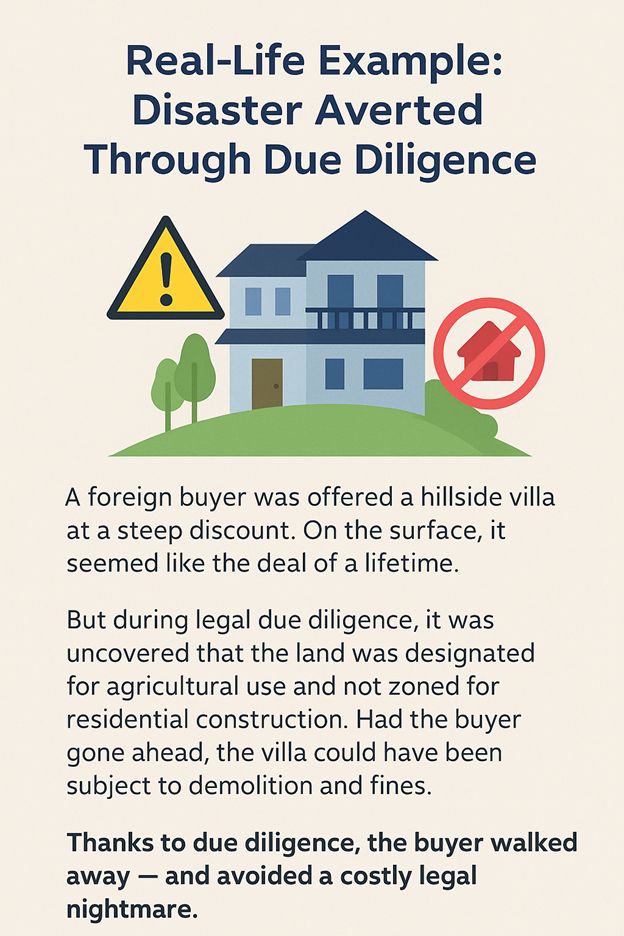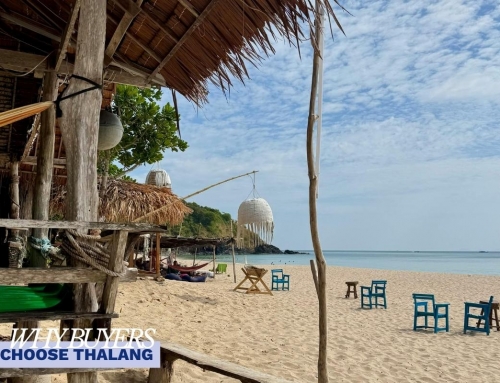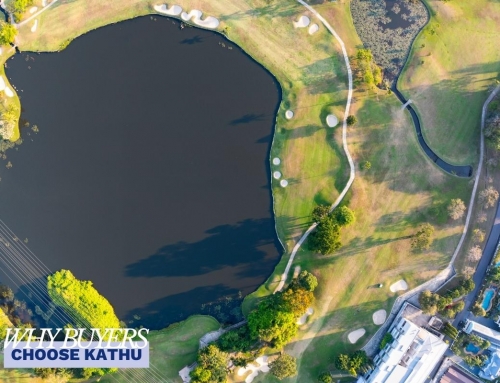A Guide for Safe and Informed Real Estate Investment
Due diligence when buying property in Phuket is a critical step that no buyer should overlook—whether you’re investing in a dream villa, a beachfront condo, or a plot of land for development. While Phuket offers life-changing opportunities, proper legal and property checks are essential before any money changes hands.
In simple terms, due diligence is a comprehensive background check on the property, ownership, legal status, and any risks that may impact your purchase. It’s the most important part of the buying process and can help you avoid costly mistakes or even legal troubles.
Why Due Diligence Is Crucial in Phuket
Thailand has a unique legal framework for real estate, particularly when it comes to foreign ownership. Buyers need to be cautious, especially when purchasing:
- Off-plan developments
- Leasehold property
- Land held via Thai companies or nominees
- Projects near protected coastlines or national parks
Even Phuket properties that appear legitimate on the surface may not have the correct licenses, zoning approval, or land title documents. Without due diligence, you risk buying into a legal mess that could take years (or forever) to resolve.
What Does Due Diligence Cover?
Here are the essential elements a reputable lawyer or legal advisor should verify before you buy:
1. Land Title Deed (Chanote or Nor Sor 3 Gor)
Ensure the land has a clear and legal title. Some land types cannot be sold or developed.
2. Zoning and Height Restrictions
Check whether the land falls in a zone that permits residential or commercial development. There may be limits on building height near beaches or hillsides.
3. Environmental & Infrastructure Approval
Projects must have an Environmental Impact Assessment (EIA) if they exceed a certain size. Also confirm access to electricity, water, and roads.
4. Access Rights
Even if a property has a legal title, it must also have legal access to a public road. This is often overlooked, especially with hillside or rural land.
5. Ownership Structure
Determine whether the unit or land is:
- Foreign freehold
- Leasehold
- Owned via a Thai company
Each has different implications for taxes, legal protection, and resale potential.
6. Licensing for Condos and Resorts
Is the condominium fully licensed and compliant with the 1979 Condominium Act? Does the project have a hotel license for short-term rentals?
7. Outstanding Debts or Encumbrances
Ensure there are no mortgages, liens, or court disputes attached to the property.
Common Red Flags That Should Not Be Ignored
- Unusually low prices compared to similar units
- Lack of access road or right of way
- No proof of EIA approval or building permits
- The seller is pushing for a fast deal without documentation
- The developer has a history of legal or construction issues
Why You Should Always Use an Independent Lawyer
Never rely solely on a lawyer provided by the developer or sales agent. Their interests may not be aligned with yours.
An independent Phuket-based lawyer with real estate expertise can:
- Conduct full due diligence
- Draft or review contracts
- Identify risks you may have missed
- Protect your rights throughout the transaction
Final Thoughts: Due Diligence Is Your Best Investment
Buying property in Phuket is not just about views and location. The legal foundation matters even more. Spending a little time and money on proper due diligence could save you from major losses down the line.
At Thai Residential, we help buyers make informed decisions. With our trusted legal partners and deep knowledge of the Phuket market, we ensure that your dream home or investment is built on solid ground.
FAQ: Due Diligence in Phuket Property Investment
Q: What does due diligence mean in Phuket real estate?
A: It refers to the legal and technical checks done before buying property, ensuring there are no issues with land title, zoning, or ownership.
Q: Can I skip due diligence if the developer is well-known?
A: No. Even established developers have had legal problems in the past. Always do your own checks.
Q: How much does due diligence typically cost?
A: Legal fees vary, but a full due diligence package typically starts at ฿30,000 to ฿50,000, depending on the complexity.
Q: What if the property is leasehold?
A: Leasehold contracts must also be reviewed carefully. Confirm registration, renewals, and ownership terms.
Q: Is it safe to use a Thai company to hold land or property?
A: It can be legal, but the company must be structured correctly. Using nominees is illegal and can be shut down.
Get in Touch
If you’re planning to buy property in Phuket and want to ensure your investment is protected, let us help.
Contact us | 📞 Call Now On: +66 9484 11918






Social Contact